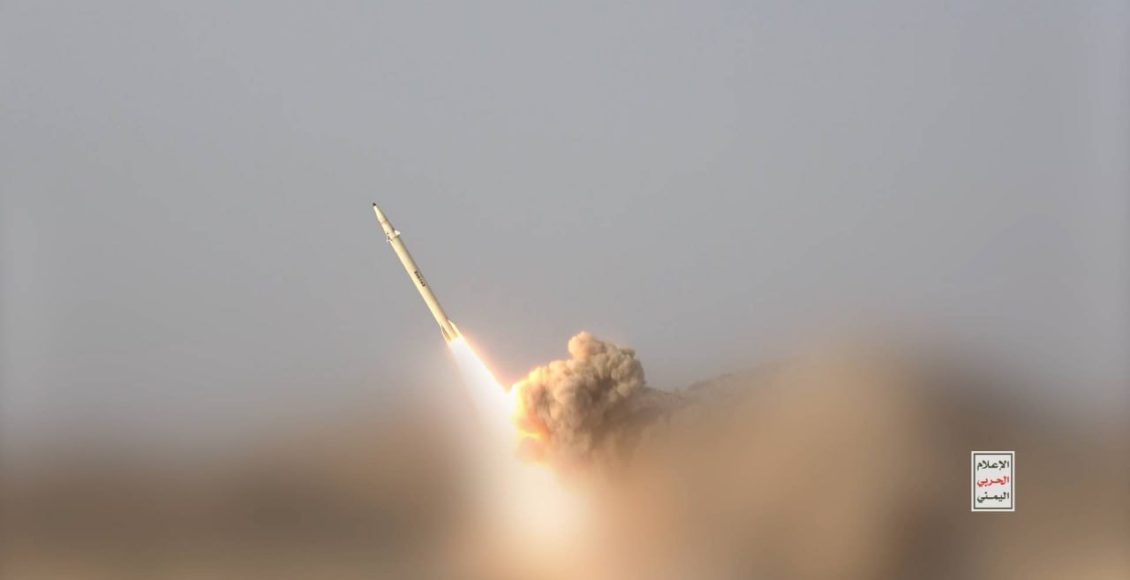In a stark critique published today, the American magazine Foreign Policy has highlighted the ongoing failure of Western naval coalitions to safeguard vessels associated with Israel from Yemeni assaults in the Red Sea. Despite extensive naval operations over several months, American, British, and European forces have faced increasing delays, disruptions, and skyrocketing costs.
The report points out that the inability of the world’s leading naval powers to maintain security in the Red Sea raises serious questions about the effectiveness of maritime power, especially in potential future conflicts with major adversaries like China. A maritime expert at the Center for Maritime Strategy and Security quoted by Foreign Policy stated, "The Houthis have proven to be a formidable force. They possess a significant arsenal capable of causing substantial headaches for the Western naval coalition."
Attempts by American, British, and European naval forces to restore safe passage for shipping in the Red Sea have seen almost no success. Insurance premiums for war risk coverage on ships have soared 1000% compared to pre-conflict levels. The British Purchasing Managers' Index data indicates that the Red Sea crisis contributed to a decline in UK manufacturing activity in June, following a peak in May, the highest in two years. Continuous disruptions in the strategic waterway have led to decreased foreign demand and increased shipping costs, compounded by ongoing Yemeni military operations.
Foreign Policy also noted that one insurance company has introduced a unique war insurance policy, underscoring the minimal impact Western naval presence has had in calming market fears. The vessels targeted in Yemeni attacks are those linked to Israel, the United States, or other nations perceived as supporting Israel. Efforts by the US and the UK to "reduce" Yemen's ability to target shipping have been described as an expensive “game.”
Yemen's extensive arsenal, including missiles, rockets, and anti-ship ballistic missiles, has significantly strained American naval resources through continuous deployments and interceptions in the Red Sea. An anonymous congressional aide candidly spoke to the magazine about the American ammunition shortage, stating, "As long as the burn rate remains sharply high in the Red Sea, we are in a more precarious position."
Foreign Policy revealed that the US Navy and American defense contractors like Raytheon are exploring cheaper alternatives to counter Yemeni weaponry. Meanwhile, Business Insider reported that Yemen's drone boats, some of which are unprecedented, pose a serious threat to ships in the Red Sea, especially in the absence of a US aircraft carrier in the region.







